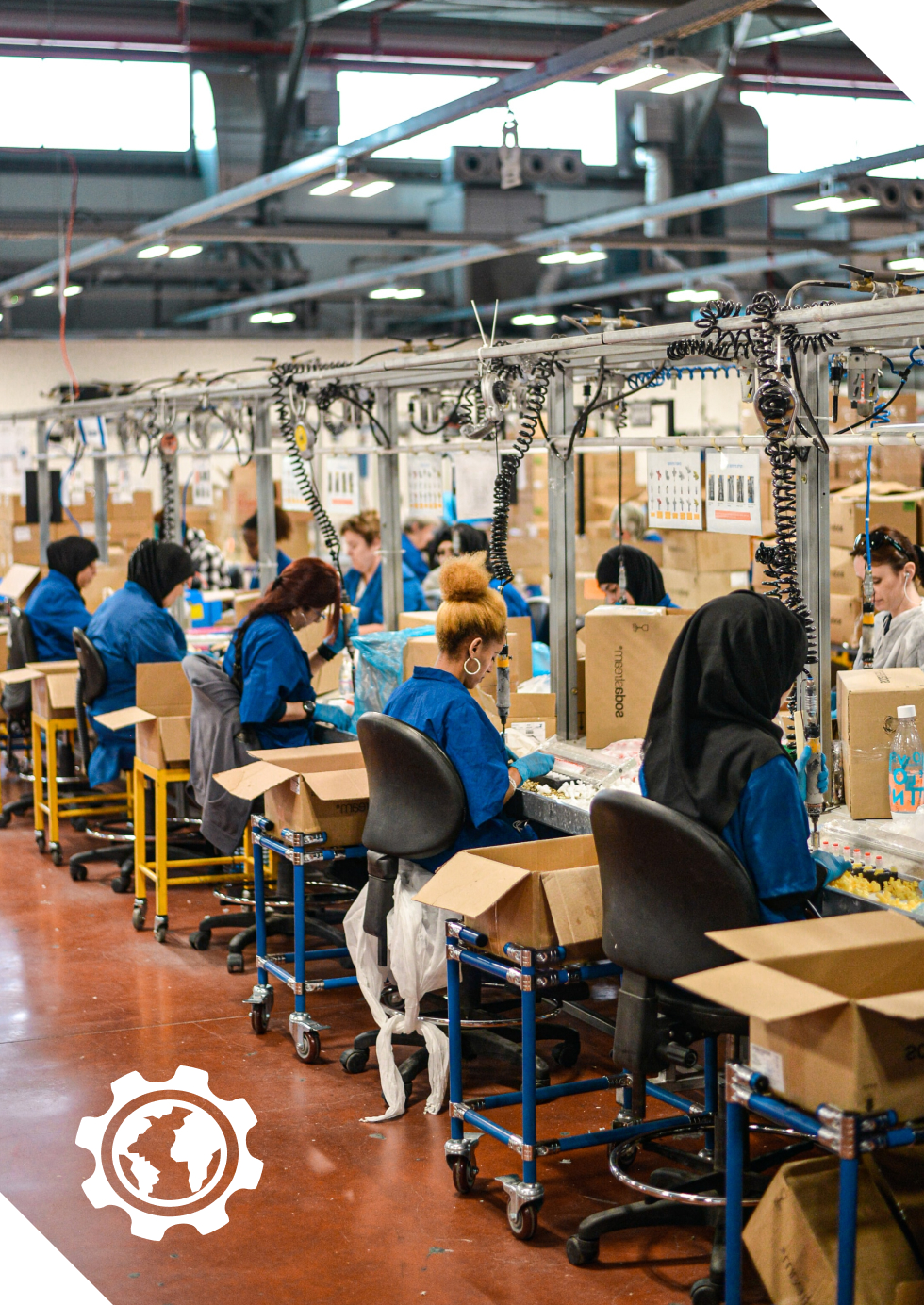
M-POWER is a historic global initiative focused on ensuring working families thrive in the global economy and elevating the role of trade unions and organized workers as essential to advancing democracy.
M-POWER is a partnership of 9 governments, 10 global and national labor organizations, 1 collective of philanthropic institutions, and 3 labor support / civil society organizations from the Global South and the Global North committed to working together to uphold workers’ rights, strengthen the capacity of democratic unions to organize and represent all workers, and facilitate conditions for unions to be active participants in vibrant societies.

Strong labor movements are essential for healthy, inclusive democracies. Independent and democratic trade unions provide workers a voice in the workplace, community, and the political system making it possible for them to defend their rights, advance their interests, improve wages and working conditions, and have a voice in the policies that affect their lives. For global democracy to thrive, the international community must strengthen the capacity of democratic worker organizations, particularly in countries where worker rights and democratic values are under threat.